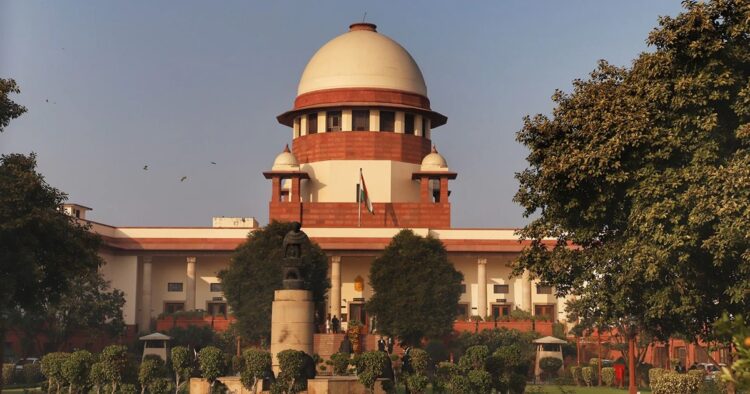In a significant development on Monday, the Supreme Court criticized the State Bank of India (SBI) for failing to adhere to its order regarding the disclosure of electoral bond donor details to the Election Commission of India (ECI). The apex court rejected SBI’s plea for an extension until June 30 and mandated that the bank must furnish the details by the business hours of March 12. Furthermore, the court instructed the ECI to make this information publicly available on its official website by 5 pm on March 15.
A five-judge Constitution bench, led by Chief Justice of India DY Chandrachud, questioned SBI’s actions over the past 26 days, highlighting its lack of progress in complying with the court’s directive. The bench emphasized that the bank was required to provide a straightforward disclosure in line with the court’s judgment, merely involving the opening of sealed covers and collating relevant information to be submitted to the Election Commission.
The controversy stems from the court’s previous ruling on February 15, which deemed the electoral bonds scheme introduced by the Centre as “unconstitutional.” The judgment mandated the disclosure of donor information, donation amounts, and recipients by March 13, placing the responsibility on the ECI. Subsequently, SBI, designated as the financial institution for the scheme, was directed to furnish details of electoral bonds purchased since April 12, 2019, to the ECI by March 6.
However, SBI’s petition for an extension until June 30, citing the time-consuming nature of retrieving and cross-referencing data, was met with disapproval from the Supreme Court. Meanwhile, separate pleas were filed by NGOs Association for Democratic Reforms and Common Cause, seeking contempt proceedings against the bank for allegedly disobeying the court’s order.
The petitioners argued that electoral bonds are traceable, as evidenced by SBI’s maintenance of a secret number-based record of donors and recipients. They contended that any form of anonymity in political party finances contradicts the principles of participatory democracy and citizens’ right to information, as enshrined in the Constitution.
The ongoing dispute underscores the importance of transparency in the electoral process, with the availability of information regarding electoral bonds deemed crucial for voters to make informed decisions. The Supreme Court’s stern stance against SBI’s non-compliance highlights the judiciary’s commitment to upholding democratic principles and ensuring accountability in political funding.

















Comments